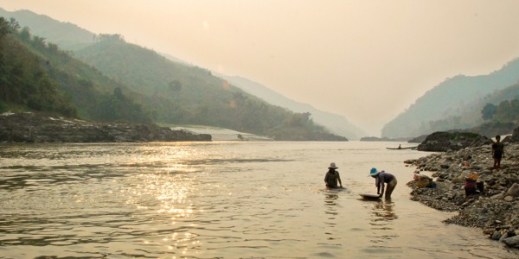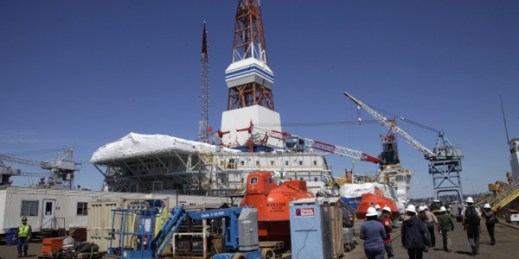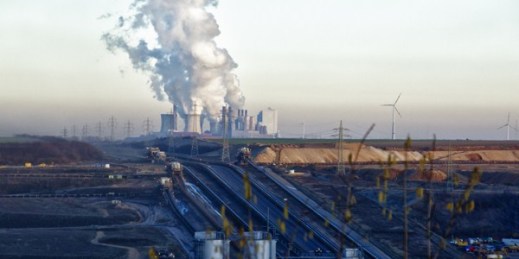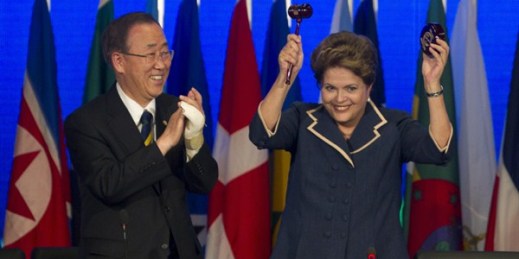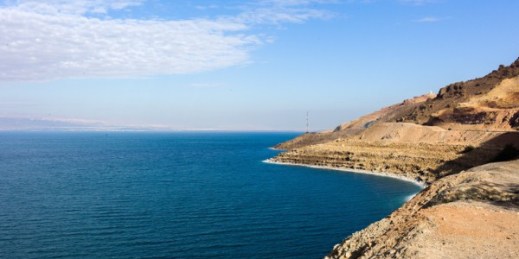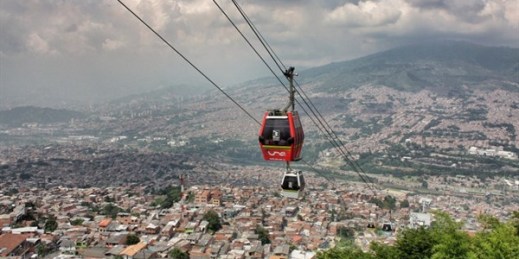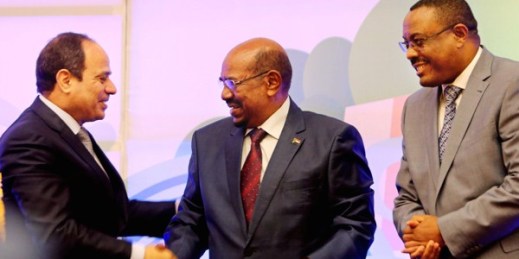
On Monday in Khartoum, the leaders of Egypt, Sudan and Ethiopia signed an initial accord on mutual water rights to the Nile River, removing another obstacle to Ethiopia’s massive Grand Renaissance Dam, which has been a source of tension with its neighbors since construction began just 10 miles from Sudan’s border in 2011. But the agreement is about a lot more than water. It may signal a seismic shift in the politics of northeastern Africa and could lead to a new axis of cooperation to manage, if not resolve, conflicts in one of the world’s most turbulent regions. The accord’s […]

